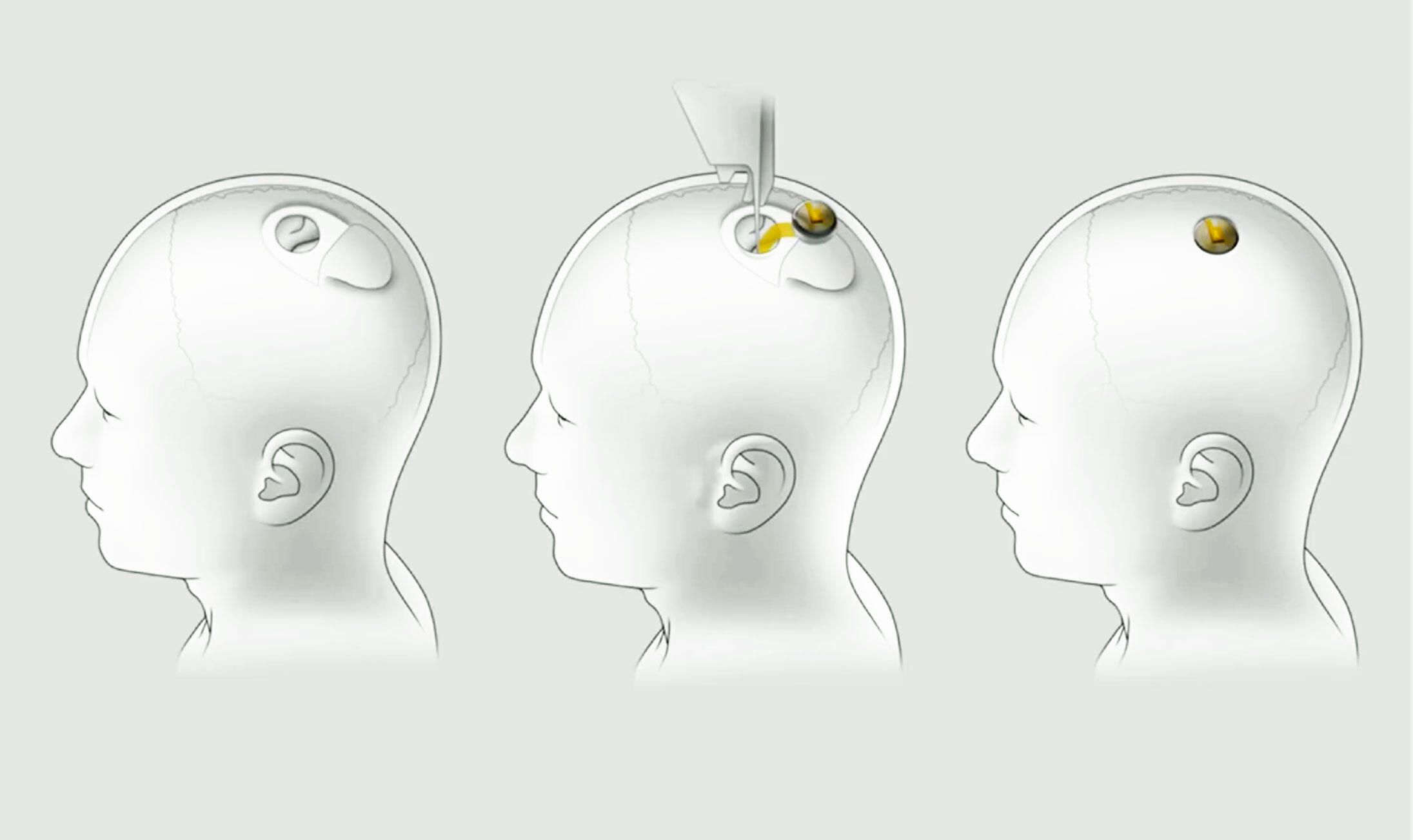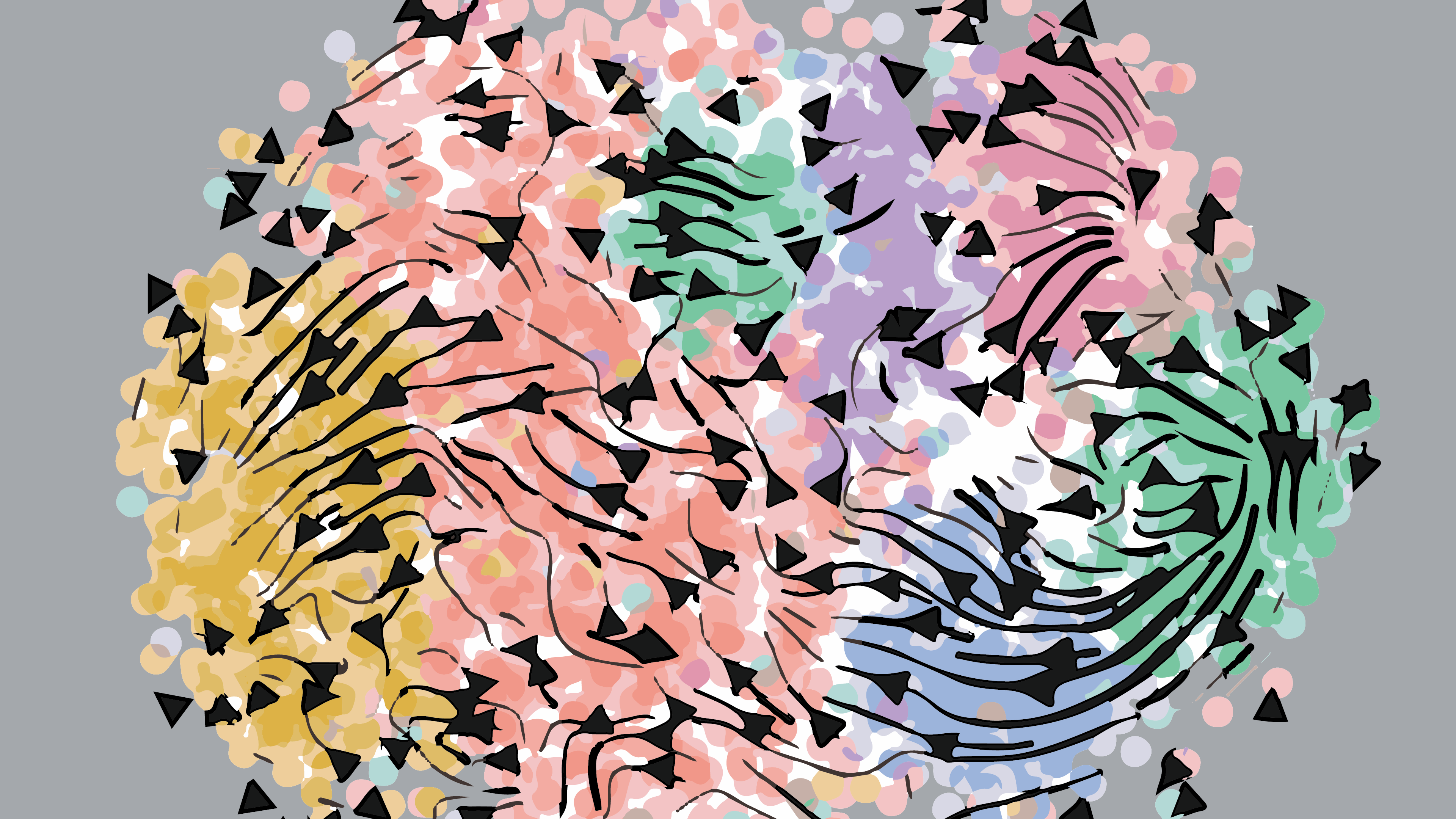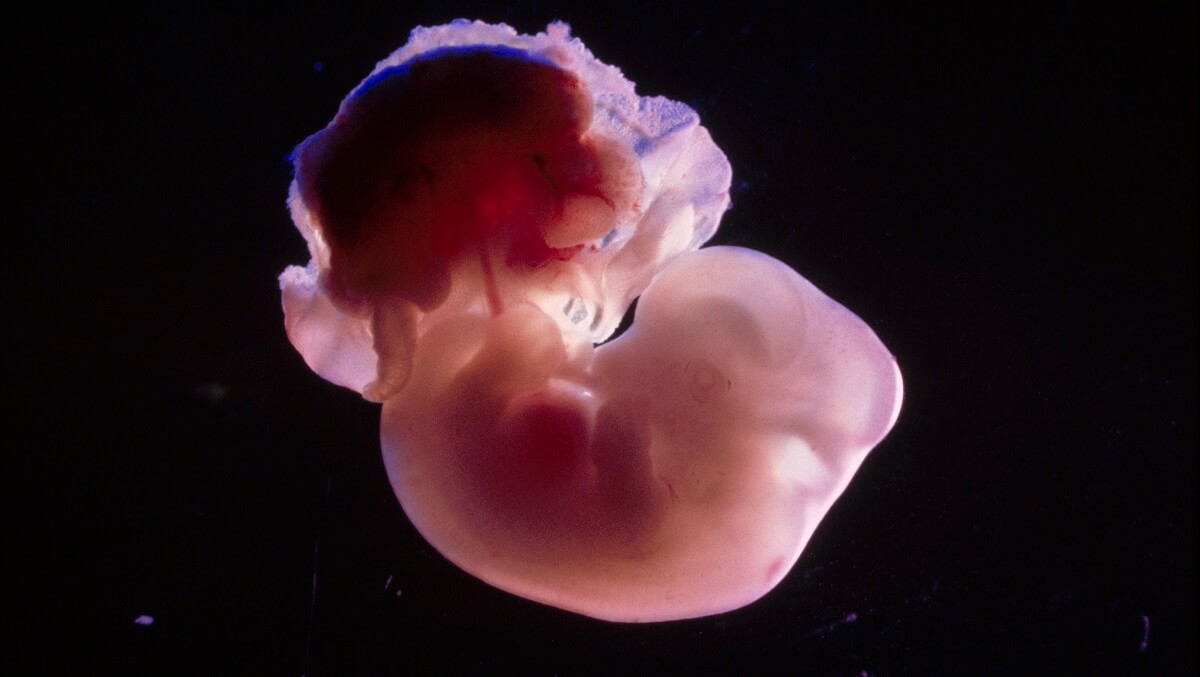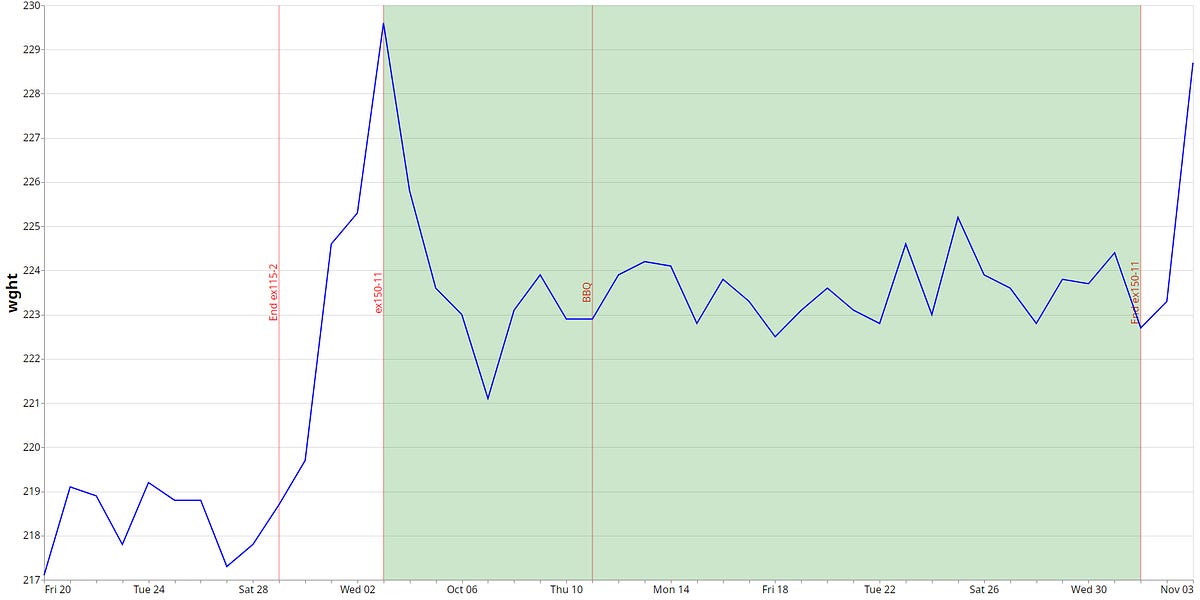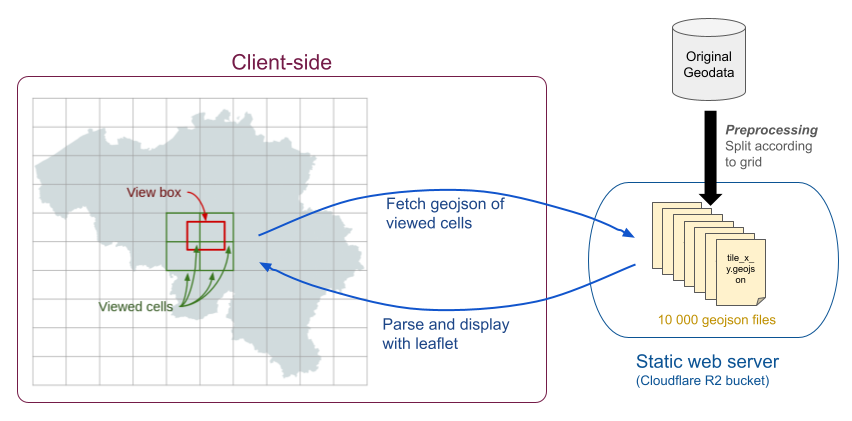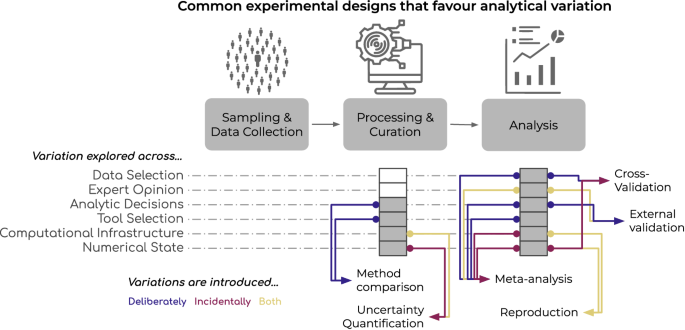The future of transcranial ultrasound as a precision brain interface | PLOS Biology
PLOS Biology provides an Open Access platform to showcase your best research and commentary across all areas of biological science.
Roles Conceptualization, Validation, Visualization, Writing – original draft, Writing – review & editing
Affiliations Department of Radiology, Stanford University, Stanford, California, United States of America, Attune Neurosciences, San Francisco, California, United States of America
Roles Conceptualization, Validation, Visualization, Writing – original draft, Writing – review & editing
Affiliations Brain Research and Imaging Centre, University of Plymouth, Plymouth, United Kingdom, School of psychology, Faculty of Health, University of Plymouth, Plymouth, United Kingdom
Our understanding of brain circuit operations and disorders has rapidly outpaced our ability to intervene and restore them. Developing technologies that can precisely interface with any brain region and circuit may combine diagnostics with therapeutic intervention, expediting personalised brain medicine. Transcranial ultrasound stimulation (TUS) is a promising noninvasive solution to this challenge, offering focal precision and scalability. By exploiting the biomechanics of pressure waves on brain tissue, TUS enables multi-site targeted neuromodulation across distributed circuits in the cortex and deeper areas alike. In this Essay, we explore the emergent evidence that TUS can functionally test and modify dysfunctional regions, effectively serving as a search and rescue tool for the brain. We define the challenges and opportunities faced by TUS as it moves towards greater target precision and integration with advanced brain monitoring and interventional technology. Finally, we propose a roadmap for the evolution of TUS as it progresses from a research tool to a clinically validated therapeutic for brain disorders.

